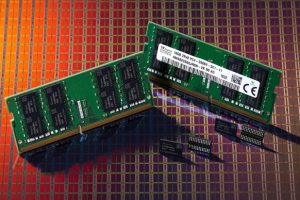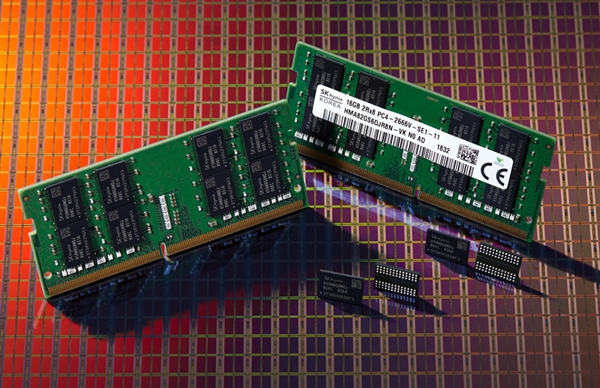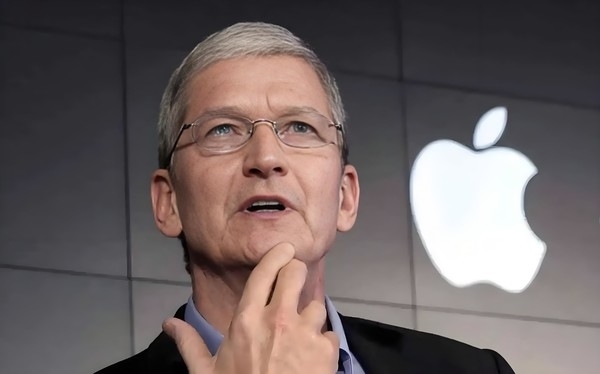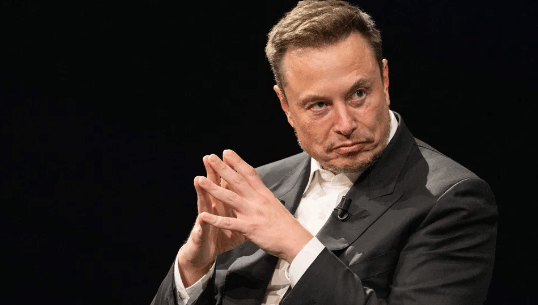June 11, 2025 – During the opening ceremony of “London Tech Week,” NVIDIA’s CEO Jensen Huang met with British Prime Minister Keir Starmer to delve into the future of artificial intelligence.
As reported by Tom’s Hardware, the two sides unveiled a series of initiatives aimed at integrating AI into the country’s economic blueprint. These measures encompass extensive infrastructure development, talent cultivation, and close collaboration between the government and the industry. Huang also highlighted a remarkable achievement: AI hardware performance has surged by a million – fold over the past decade. However, he noted that there were underlying concerns behind this progress.
“In the last 10 years, AI has advanced by a million times. The pace of change is truly astonishing,” Huang remarked, though he didn’t specify whether he was referring to software advancements or hardware breakthroughs.
Last year, NVIDIA claimed that its Blackwell B200 processor outperformed the 2016 Pascal P100 by a factor of 20,000 in inference tasks. The B200 can deliver approximately 20,000 FP4 TFLOPS of computing power, while the P100 only managed 19 FP16 TFLOPS. Although a direct comparison isn’t entirely accurate, these figures are still indicative in real – world applications.

Moreover, the Blackwell processor has achieved a 42,500 – fold improvement in token generation efficiency per unit of energy consumption.
In addition to more powerful GPUs, companies like NVIDIA, xAI, and Microsoft are also constructing AI systems that far surpass previous generations. To some extent, current AI hardware is indeed a million times more powerful than it was a decade ago. For instance, xAI’s current supercomputer is equipped with 200,000 Hopper GPUs.
Elon Musk has also revealed plans to build a supercluster with one million Blackwell GPUs in the future. This supercluster is not only expected to set new performance records in the AI field but also become one of the most powerful supercomputers in the entire industry.
It’s not just American companies that are making significant investments in AI infrastructure. The UK has pledged to invest around $1 billion by 2030 to build high – performance computing platforms for AI, with the first batch of funds already in place. NVIDIA will establish an AI research center in the UK, focusing on areas such as robotics, environmental modeling, and materials science. It will also launch a nationwide developer education program to enhance the pool of technical talent. Additionally, NVIDIA will collaborate with British financial regulators to create a safe testing environment for AI and participate in advancing 6G research.
When compared to the supercomputers in the US, the UK’s current technological capabilities still lag behind. The country’s most powerful AI system, Isambard – AI, which is set to go online soon, will be equipped with 5,500 Grace Hopper 200 processors.












